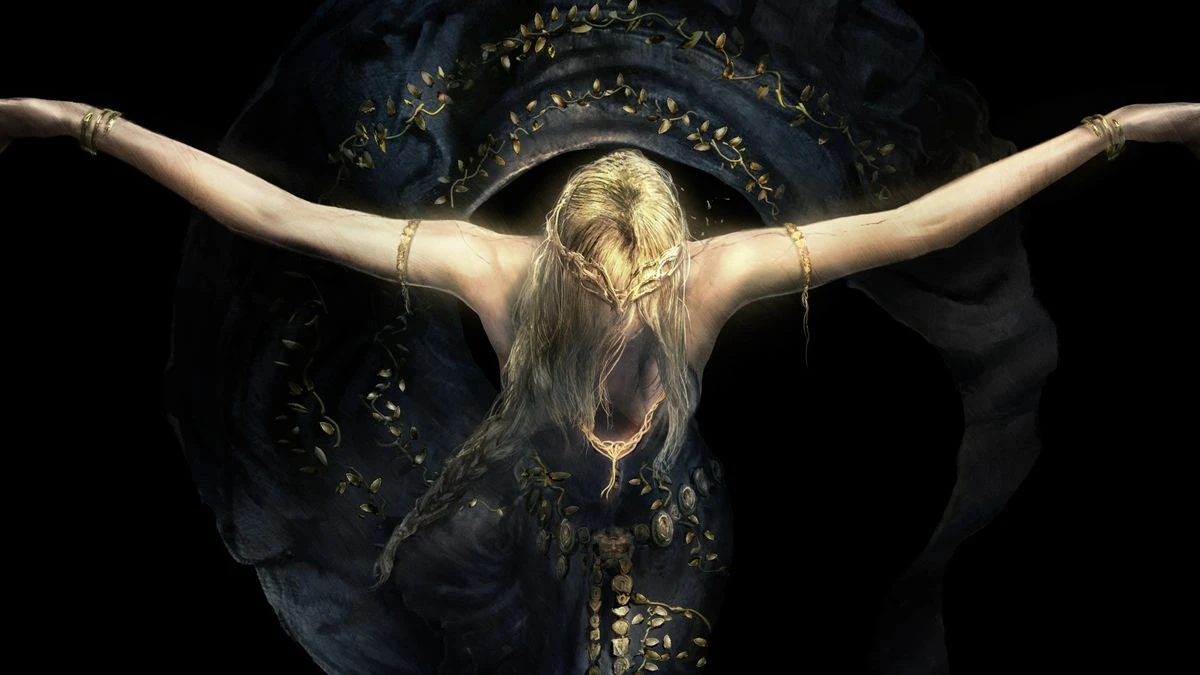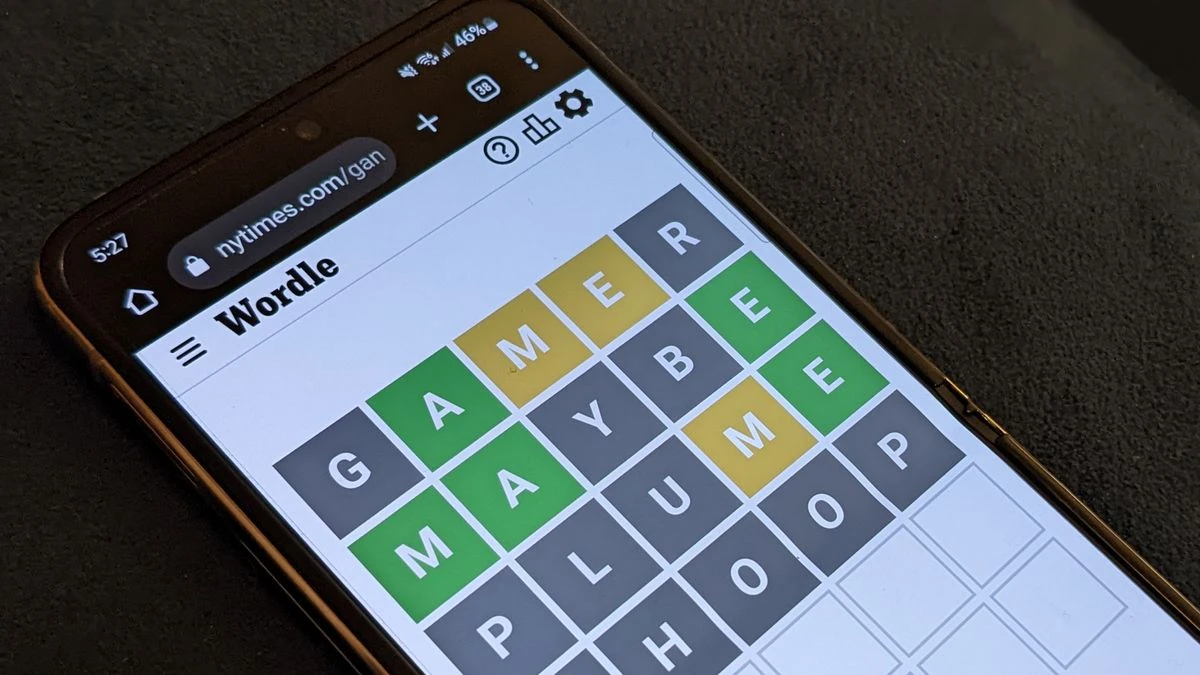Bandai Namco allegedly forced 200 employees to spend hours in 'expulsion' rooms, but the company insists that it is innocent.
Bandai Namco's employees are the latest victims of the videogame layoffs which have swept the industry in the past two years. However, due to the unique nature Japanese labour laws, this hasn't happened quickly.
Bloomberg reported that 200 of 1,300 employees were sent to "expulsion room" (also known as oidashibeya), a practice that is still a problem within the industry. Instead of fighting against the strict dismissal laws, some companies transfer their employees into rooms or floors designed to bore or shame them.
Bloomberg claims that "nearly 100 people have resigned and asked not to be identified when discussing private information."
The article claims that several games, including those featuring characters from Naruto and One Piece as well as one commissioned by Nintendo, were also cancelled in a similar manner.
Bandai Namco maintains its influence despite this claim: "Some may need to wait for a while before they get their next project. But we move forward as new projects are developed... There isn't an organisation like a 'oidashi' beya at Bandai Namco Studios that's designed to force people to leave on their own volition."
The company has also denied allegations from the website LeakPress which accuses it of the practice. Other allegations include "a sudden rise in waiting lists because of the large number titles being discontinued" as well as "spreading bad news about employees whose departures have been confirmed by other companies".
While such denials are expected, it's not a good idea to admit that you use expulsion rooms. John Szczepaniak, author of "The untold history of Japanese game developers" in 2016, referred to an incident from 2000-2001 in which SEGA employees successfully sued the company for the practice.
"They didn't simply put people behind a wall, they sent them on a different floor. Sega's image was tarnished, not just because they lost a lawsuit. Nobody wanted to purchase games from a company that was like that."
As the talk points out this incident didn't really make it overseas. Even the Wikipedia page of the company doesn’t make a big deal about it. I did find an old Eurogamer article confirming the incident as well as a (machine-translated article) from GNN News that confirmed the victory: "it was taken to court, and SEGA issued an apology". If Bandai Namco has indeed been guilty of this practice then it is unlikely to admit that until it to.




Comments